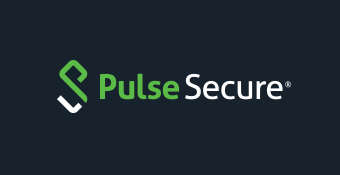Pulse Secure announced new features to its Network Access Control (NAC) solution, Pulse Policy Secure (PPS), that enhance endpoint and IoT device visibility, compliance, remediation, and threat response as organizations embrace expanded remote work flexibility with employees and their devices returning to a hybrid workplace.
With businesses slowly opening up more modified and social-distanced work settings and accelerating multi-cloud and hybrid IT resource use, organizations are experiencing increased attack vectors and exploits stemming from endpoint and IoT device exposures. What’s required to ensure user productivity and information security in today’s hybrid work environment is greater managed and unmanaged device oversight, expanded endpoint compliance and remediation capability, and means to unify remote and on-premise access control.
Modern Network Access Control solutions provide the agent and agentless visibility, contextual access policy control and integrated threat response capabilities necessary to prevent endpoint exposures that yield identity theft, malware and network compromise. Regulated industries, such as financial services and healthcare, need to be especially diligent in enforcing endpoint compliance and segregating IoT access.
Pulse Policy Secure (NAC) offers the complete range of capabilities – which gives enterprises flexibility to deploy across a gamut of hybrid IT environments. As a Secure Access platform play, competing with Cisco, Fortinet and HP, Pulse Secure provides a portfolio of solutions available separately or as an integrated suite for hybrid IT. Pulse Secure offers all three primary secure access technologies recognized by IDC: VPN, NAC, and SDP.
Pulse Secure offers a portfolio of Secure Access solutions that provide exceptional usability, visibility and Zero Trust policy orchestration to enable seamless, compliant user and device access to applications and resources across distributed network and cloud environments.
Pulse Policy Secure has FIPS 140-2 Level 1 certification and is Common Criteria certified extensive deployment in government, military and government contractor applications.
(This content is surmised from a press release)





